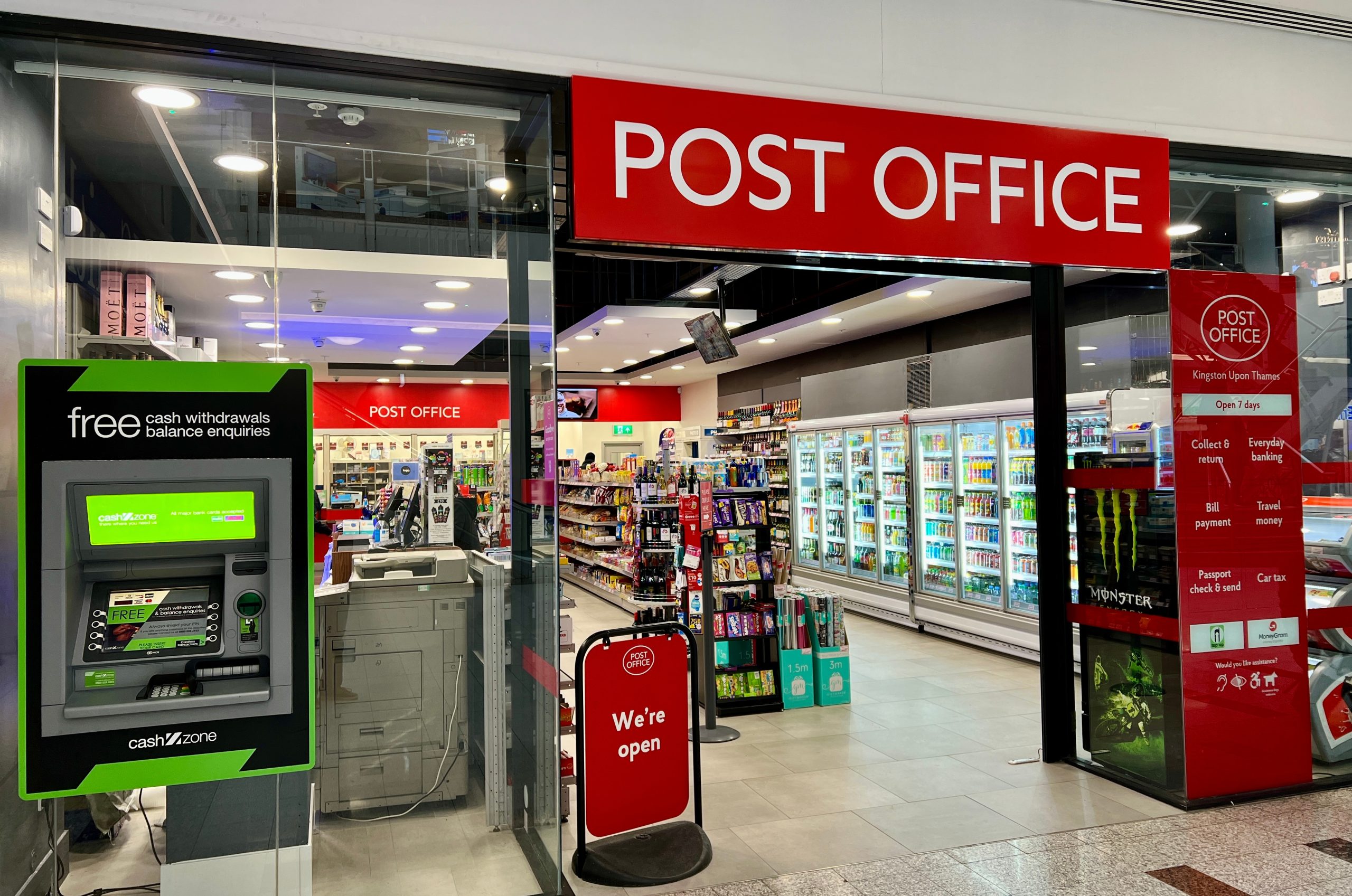Northern Ireland: Six Million Post Office Customers to be affected by Government’s Removal of DVLA Services

The National Federation of SubPostmasters (NFSP) and Retail NI are calling on the UK Government to reverse their decision to remove DVLA services from the Post Office network in the UK.
In a shock move, earlier this year, the Government announced its decision to remove all DVLA services from 31 March 2024. Removing yet further face-to-face transactions will have an extremely negative impact on vulnerable and digitally excluded customers whilst also jeopardising the livelihood of 50,000 full-time equivalent employees who work in the post offices around the UK. Losing this over-the-counter service is also another nail in the coffin for cash.
Across the UK, currently six million customers access DVLA services across Post Office counters. Half of those pay in cash.
In Northern Ireland, there are up to 500 PO branches with approximately 40,000+ DVLA transactions at post office counters per month. Total customer numbers per month are estimated to be around 350,000 – 400,000.
Jim McCafferty, Non-Executive Director for Northern Ireland said, “I think the DVLA withdrawal is unfair to our customers as many of them visit our branch purposefully to pay their Road Fund Licence (Car Tax) with CASH – it is their preferred method of payment. I believe the Government decision to provide this service online only is to the detriment of communities across the country and further weakens the financial position of beleaguered SubPostmasters.
| Jim continued, “It appears the Government have an undeclared strategy to close swathes of post office branches at no cost to themselves leaving communities without a local post office – ‘stealth closures’. This is just the latest removal of a Govt service purportedly lauded to save the taxpayers money, but it is clearly against the wishes of the public”.
Retail NI Chief Executive Glyn Roberts said “Post Offices should be getting more Government services, not less. They are an invaluable footfall driver for our members, local high streets, and a vital community service”. “We urge the Government to rethink this immediately and start investing in our local Post Offices” |
Local Postmaster Jim Moan who owns Howard Street Post Office in Belfast said, ” The Government promised us more work, not less and less, they are crippling the whole network of post offices. My customers are not happy with this decision. This is just another nail in the coffin, my business was already struggling, and the removal of another service is the last straw – we must make a stand”.
In response to the Government’s decision, the NFSP have set out a campaign to raise awareness of this campaign and a petition to collect signatures called “Prevent Government from removing DVLA services from the post office from April 2024’. Members of the public can sign the petition here but the NFSP are encouraging their customers to go into their local post office and physically sign an offline petition. This will support their local post office and protect this vital community service.
The NFSP hope to present a significant amount of signatures to Government and MPs on 1st November this year so the issue can be debated in Parliament and presented at Downing Street to persuade them to reverse their decision. If Government continues to remove services from Post Office counters, then the network will go the way of many of the banks and cease to exist on our High Streets and within our communities.”
Postmasters are self-employed businesspeople who have invested their own money into the Post Office network. Collectively they employ around 50,000 full-time equivalent employees, who rely on their businesses to help them pay bills and provide for their families.
Last year, the network earned over £3m from providing DVLA services so at a time when there is a cost-of-living crisis, the loss of the DVLA income will hit Postmasters hard along with their ability to continue to employ staff.








